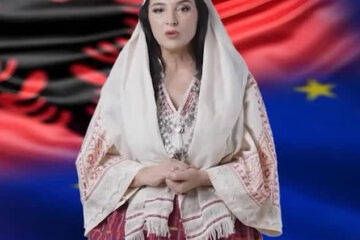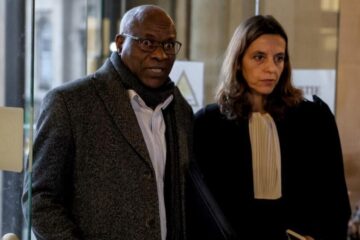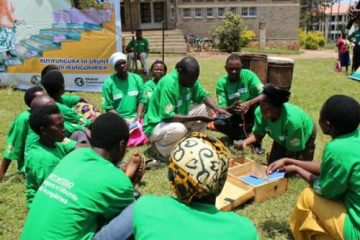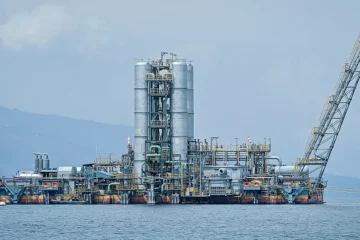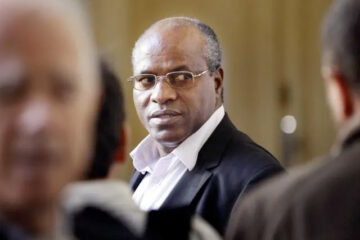At a critical moment when Africa stands at the crossroads of opportunity and challenge, sustainable human development in the continent took center stage at a high-level side event hosted by the Swiss Press Club on the margins of the 60th session of the Human Rights Council.
The gathering, convened by the African Union’s Economic, Social and Cultural Council (ECOSOCC) in partnership with African and international civil society groups, underscored that the continent’s future hinges not only on economic growth but also on governance, inclusion, and respect for human rights.
Moulay Lahsen Naji, Executive Director of CIDH Africa, delivered a frank message: “Africa’s progress cannot be separated from social inclusion and human dignity.” His remarks captured a pressing reality that development without justice risks leaving millions behind.
Dr. Ayman Okeil, Vice President of ECOSOCC, pointed to persistent obstacles threatening Africa’s Agenda 2063, the continent’s blueprint for transformation. Corruption, weak governance systems, and recurring tensions over natural resources, he argued, continue to drain the promise of development.
Concrete experiences were also shared. Morocco’s President of OSDES, Gajmoula Boussif, presented the National Initiative for Human Development and the New Development Model for the Southern Provinces, initiatives that have mobilized over $80 billion to reduce inequalities, empower vulnerable groups, and build long-term economic resilience. For many participants, Morocco’s approach stood as a reminder that homegrown solutions tailored to local contexts remain Africa’s strongest asset.
For Nadah Alqalam, professor at SSBM University in Geneva, civil society remains indispensable. She called for stronger African institutions and real accountability from governments, insisting, “Development is a right, not a privilege.”
The event concluded with a strong appeal: for the African Union and the UN Human Rights Office to back reforms that strengthen governance, expand education and healthcare, combat corruption, and ensure infrastructure reaches every African household.
From the streets of Nairobi to the villages of Mali, the themes raised in Geneva are not abstract policy debates but urgent realities. For Africa’s 1.4 billion people, sustainable human development is not just an aspiration, it is the foundation of dignity, peace, and a future shaped by Africans themselves.




